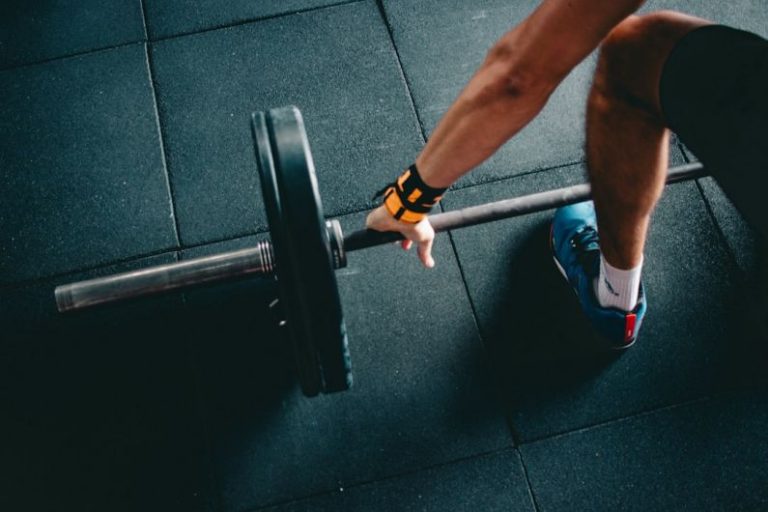Cardio Vs. Weight Training for Weight Loss
For many individuals looking to shed excess weight and improve their overall health, the debate between cardio and weight training remains ever-present. Both forms of exercise offer unique benefits when it comes to weight loss, making it important to understand the differences and how they can impact your fitness journey. Let’s delve into the world of cardio vs. weight training for weight loss to determine which may be more effective for achieving your goals.
**The Cardio Conundrum**
Cardiovascular exercise, commonly referred to as cardio, involves activities that get your heart rate up and increase your overall endurance. Running, cycling, swimming, and aerobics are all popular forms of cardio that can help you burn calories and improve cardiovascular health. When it comes to weight loss, cardio is often the go-to choice for many individuals due to its ability to torch calories quickly.
**The Weight Training Wisdom**
On the other side of the spectrum, weight training focuses on building muscle strength and endurance by using resistance exercises like lifting weights or using resistance bands. While weight training may not burn as many calories during a single session as cardio, it offers long-term benefits that can significantly impact weight loss. Building lean muscle mass through weight training can boost your metabolism, leading to increased calorie burn even at rest.
**Caloric Burn Comparison**
When comparing the caloric burn of cardio and weight training, it’s essential to consider both the immediate and long-term effects. Cardio exercises like running or cycling can burn a significant number of calories during the activity itself, making it an attractive option for those looking to create a calorie deficit for weight loss. However, weight training’s ability to increase muscle mass means you’ll continue to burn calories at a higher rate even after you’ve finished your workout.
**Metabolic Makeover**
One of the key advantages of weight training for weight loss is its impact on your metabolism. Building lean muscle mass through resistance exercises can rev up your metabolism, allowing you to burn more calories throughout the day. This metabolic boost can make a significant difference in your weight loss journey, as a higher metabolism means you’ll burn more calories even when you’re not actively exercising.
**The Afterburn Effect**
Another factor to consider when evaluating cardio vs. weight training for weight loss is the afterburn effect, also known as excess post-exercise oxygen consumption (EPOC). Intense cardio sessions have been shown to elevate your metabolism post-workout, leading to increased calorie burn even after you’ve finished exercising. While weight training may not have the same immediate calorie-burning effects as cardio, it can still contribute to EPOC, providing a sustained calorie burn throughout the day.
**The Winning Workout**
Ultimately, the most effective approach to weight loss is a combination of cardio and weight training. By incorporating both forms of exercise into your routine, you can maximize calorie burn, boost your metabolism, and achieve a balanced overall fitness level. Cardio helps you burn calories quickly and improve cardiovascular health, while weight training builds muscle mass, increases metabolism, and enhances overall strength and endurance.
**The Road to Results**
To see optimal results in your weight loss journey, aim to create a well-rounded workout routine that includes a mix of cardio and weight training. Incorporating high-intensity interval training (HIIT) can also be beneficial, as it combines elements of both cardio and resistance training for a comprehensive calorie-burning workout. Remember that consistency is key, so find activities you enjoy and can sustain over the long term to achieve lasting weight loss success.
**In Summary**
When it comes to cardio vs. weight training for weight loss, both forms of exercise offer unique benefits that can contribute to your overall fitness goals. While cardio is effective for burning calories quickly and improving cardiovascular health, weight training provides long-term metabolic benefits and helps build lean muscle mass. By combining both types of exercise into your routine and staying consistent in your efforts, you can maximize your weight loss results and achieve a healthier, stronger body.






